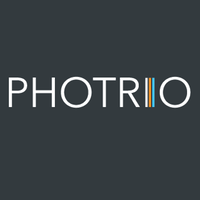Tom R
Established
Consider two facets of a photograph: its production and its consumption. How an individual produces a photograph is certainly important to that individual producer, but has no impact on how it (that same photograph) will be consumed: In consumerist societies (such as the United States) the "value" of an object is transactional.
Decades of rampant consumerism has resulted in the systematic erosion of "value" as we (producers) define it.
Now, Generative AI challenges producers' notions of authorship, authenticity, etc. But again, by the transactional nature of any photograph as a potential product of consumption the reputation of the producer, which translates into potential sales/barter value the product, overshadows the subject or "aesthetics" of the image. The only possible exceptions to this withering process are photographs whose value is directly dependent on their accurate rendering of things in the world; I am talking here about photographs made for important documents, as well as medical or forensic images. Sadly, these images will most certainly be made by non-human actors in the very near future. Capitalism is a race to the bottom ... .
I am not sure where any of this leaves us. Speaking for my work: I enjoy what I do; it provides purpose and I keep the negatives.
Decades of rampant consumerism has resulted in the systematic erosion of "value" as we (producers) define it.
Now, Generative AI challenges producers' notions of authorship, authenticity, etc. But again, by the transactional nature of any photograph as a potential product of consumption the reputation of the producer, which translates into potential sales/barter value the product, overshadows the subject or "aesthetics" of the image. The only possible exceptions to this withering process are photographs whose value is directly dependent on their accurate rendering of things in the world; I am talking here about photographs made for important documents, as well as medical or forensic images. Sadly, these images will most certainly be made by non-human actors in the very near future. Capitalism is a race to the bottom ... .
I am not sure where any of this leaves us. Speaking for my work: I enjoy what I do; it provides purpose and I keep the negatives.



